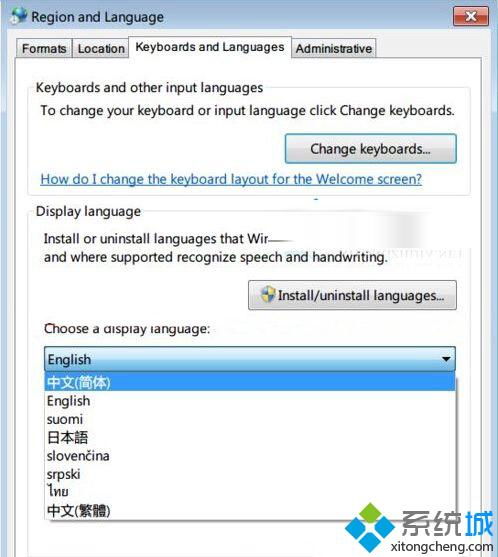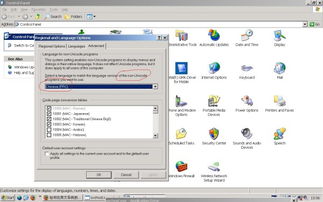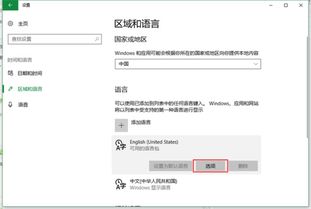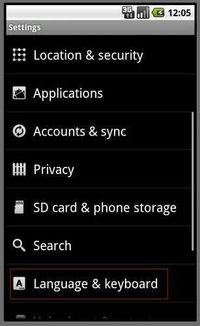
电脑操作系统 英文,Introduction to Computer Operating Systems
时间:2024-12-02 来源:网络 人气:
Introduction to Computer Operating Systems

Computer operating systems (OS) are fundamental software components that manage and control the hardware and software resources of a computer. They provide a platform for users to interact with the computer and run applications efficiently. This article delves into the basics of computer operating systems, their types, functions, and their significance in modern computing.
What is an Operating System?

An operating system is a collection of programs that act as an interface between the user and the computer hardware. It manages various aspects of the computer, including memory, processes, input/output devices, and file systems. The primary goal of an OS is to provide a user-friendly environment that allows users to execute programs and perform tasks without worrying about the underlying complexities of the hardware.
Types of Operating Systems

There are several types of operating systems, each designed to cater to different computing needs. Here are some of the most common types:
- Windows: Developed by Microsoft, Windows is the most widely used operating system for personal computers. It offers a wide range of features and supports a vast array of applications.
- macOS: macOS is the operating system used on Apple's Mac computers. It is known for its sleek design, user-friendly interface, and seamless integration with other Apple products.
- Linux: Linux is an open-source operating system that is widely used in servers, embedded systems, and supercomputers. It is known for its stability, security, and flexibility.
- Android: Android is a mobile operating system developed by Google. It is used on a vast majority of smartphones and tablets worldwide.
- iOS: iOS is the operating system used on Apple's mobile devices, including the iPhone, iPad, and iPod Touch. It is known for its security, performance, and seamless integration with other Apple products.
Functions of an Operating System

An operating system performs several critical functions to ensure the smooth operation of a computer. Some of these functions include:
- Memory Management: The OS manages the computer's memory, allocating and deallocating resources to different processes and applications.
- Process Management: The OS schedules and manages processes, ensuring that they run efficiently and do not interfere with each other.
- File System Management: The OS manages the file system, which includes organizing, storing, and retrieving files and directories.
- Device Management: The OS controls input/output devices, such as keyboards, mice, printers, and monitors, ensuring they function correctly.
- User Interface: The OS provides a user interface that allows users to interact with the computer and its applications.
Significance of Operating Systems

Operating systems are crucial for modern computing for several reasons:
- Efficiency: An efficient OS ensures that the computer's resources are used optimally, leading to better performance and faster execution of tasks.
- Security: Operating systems provide security features to protect the computer and its data from unauthorized access and malware.
- Compatibility: An OS ensures that the computer can run a wide range of applications and hardware devices.
- Usability: A user-friendly OS makes it easier for users to interact with the computer and perform tasks without technical expertise.
Conclusion

Computer operating systems are essential for the functioning of modern computers. They provide a platform for users to run applications, manage resources, and interact with the computer hardware. Understanding the basics of operating systems can help users make informed decisions about their computing needs and choose the right OS for their requirements. As technology continues to evolve, operating systems will play an increasingly important role in shaping the future of computing.
相关推荐
教程资讯
教程资讯排行
- 1 慰安妇肛门撕裂大便失禁-慰安妇的血泪史:肛门撕裂、大便失禁,我们不能忘记
- 2 安卓能深度清理系统吗,优化性能全攻略
- 3 安卓系统手机怎么下载pubg,安卓手机轻松下载PUBG Mobile国际服教程
- 4 小米14用安卓原生系统,打造极致流畅体验”
- 5 x软件安卓系统下载教程,Android x86系统下载与安装详细教程
- 6 电脑进系统就重启,探究原因与解决方案
- 7 安卓系统最高芯片是什么,揭秘麒麟9000、骁龙8Gen3与天玑9300的巅峰对决
- 8 小天才手表安装安卓系统,轻松拓展功能与娱乐体验
- 9 电脑系统更新需要联网吗,全面解析与操作指南
- 10 华为怎样刷安卓原生系统,解锁、刷机、体验原生流畅











